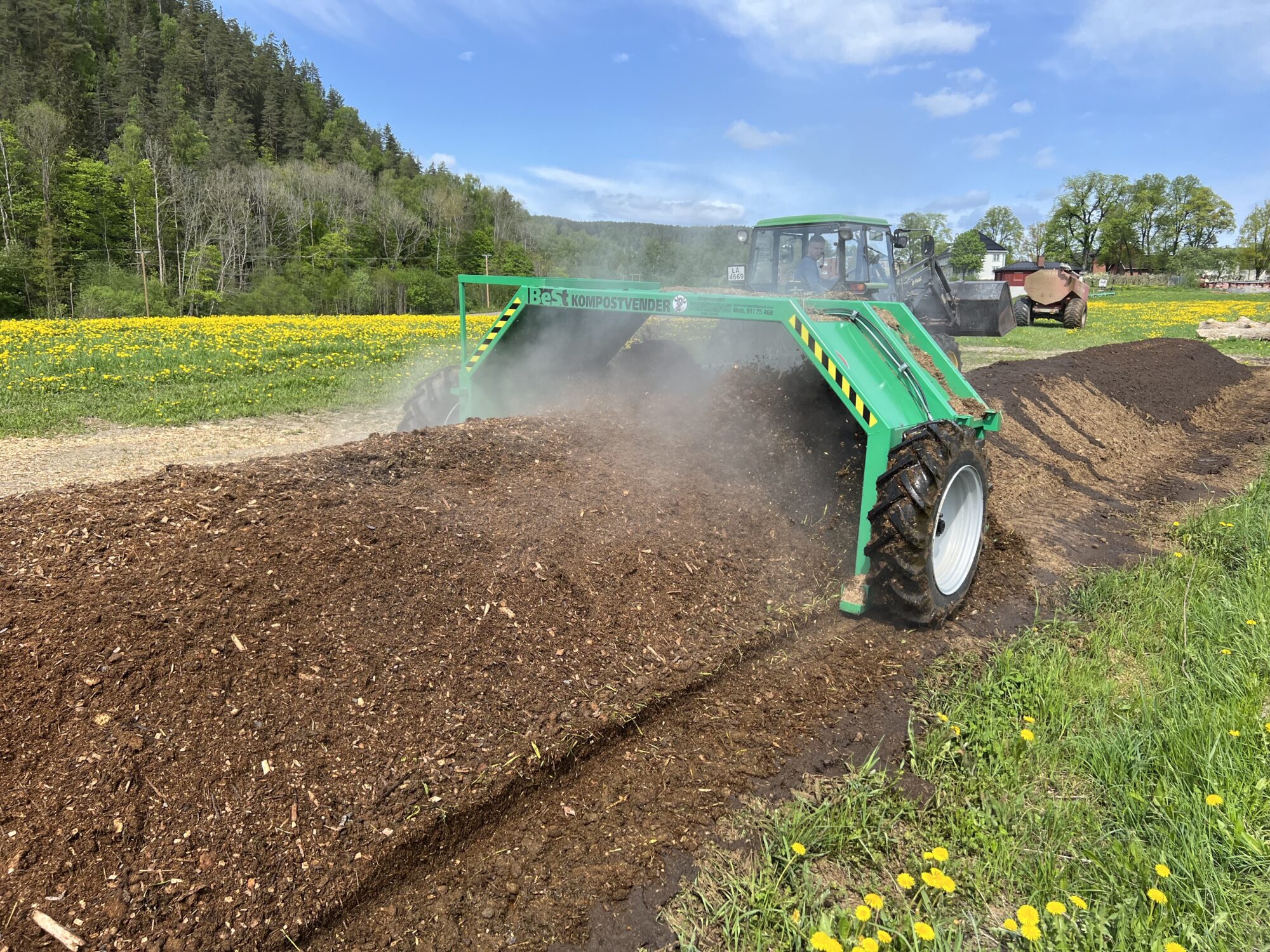
“Carbon farming with a focus on soil carbon sequestration, the role of law”- Gjesteforelesning med Professor Dr. Jonathan Verschuuren
Tirsdag 16.01 inviterer prosjektet KARBONMAT til kickoff-møte og har en åpen gjesteforelesning med Professor Dr. Jonathan Verschuuren. Tittelen på foredraget heter "Carbon farming with a focus on soil carbon sequestration, the role of law".
Møtelenke Microsoft Teams: Klikk her for å bli med i møtet
Abstract
I will introduce the current legal debate on carbon farming by first briefly sketching the bigger picture of how and to what extent on-farm carbon emissions (both direct emissions and uptake) are now regulated in the EU and beyond. After years of neglect, this topic now seems to get much more attention as was evident during COP28 in Dubai, and as is shown by the European Commission that is now looking into the EU ETS as a possible vehicle to reduce direct emissions from agriculture and to increase carbon sequestration on farmland.
Then, I will briefly present our recent research into current carbon farming offset schemes in Canada, California, and Australia. What are the experiences there, and what is, or has been, the role of law? Globally, there is a large unregulated market for carbon credits that on the one hand can be attractive for farmers, but that on the other hand is heavily criticized. Regulatory intervention clearly is needed to make these credits real, verifiable and additional. That is why the European Commission, in 2022, published the proposal for a Regulation on an EU certification for carbon removals, which I will briefly discuss.
Finally, I will move to on-farm soil carbon sequestration specifically: what are the experiences with this carbon farming methodology in Canada and Australia and why is this specific form of carbon farming so difficult to regulate? I will focus on MRV and permanence as major stumbling blocks. It is clear that increasing soil carbon has many co-benefits and even is essential to increase soil health, restore biodiversity, adapt to climate change and increase food security. The question is, though, whether this can be achieved through a climate pricing/rewarding mechanism or whether other regulatory instruments are better suited.

Dr. Jonathan Verschuuren
Bio
I am a professor of International and European Environmental Law at Tilburg Law School, an EU Marie Sklodowska Curie alumnus at the University of Sydney, Australia, and an extraordinary professor at North-West University, as well as at the University of the Western Cape, both in South Africa. My primary research focus is on climate change law. I have worked on a range of topics in that field, such as climate change litigation, the relationship between climate change and biodiversity law, the enforcement of the EU emissions trading system (ETS), coastal adaptation (to sea level rise), and on climate change adaptation law generally. My current research focuses on the impact of climate change on agriculture and food security, and on reducing agricultural greenhouse gas emissions. I am now working on a project funded by the Dutch Research Council (NWO) to research the possibility to integrate agricultural emissions into the EU ETS. Some of my climate change law and food security related publications are:
- Verschuuren, F. Fleurke, M. Leach (eds.), Regulatory Innovations for Reducing Greenhouse Gas Emissions from Agriculture and Food, Sustainability, special issue, Vol. 14 & 15 (2022-2023)
- Verschuuren, Cultured meat and dairy as a game-changing technology in the agricultural and food transition in the EU: what role for law? in: Zahar & Reins (eds.), Climate Technology and Law in the Anthropocene (Bristol University Press, forthcoming 2024). Preprint available as Tilburg Law School Research paper at SSRN (2023)
- J Verschuuren, Achieving agricultural GHG emission reductions in the EU post 2030: what options do we have? Review of Comparative, International and European Environmental Law (2022)
- J Verschuuren (ed.), Research Handbook on Climate Change Adaptation Law, 2nd ed., Edward Elgar Publishing (2022)
- J Verschuuren, Agriculture, Forestry and Other Land Use (AFOLU), in L Reins, J Verschuuren (eds.), Research Handbook on Climate Change Mitigation Law, 2nd ed., Edward Elgar Publishing (2022)
- J Verschuuren, Agriculture, Climate Disasters and the Law, in R Lyster, R Verchick (eds.), Research Handbook on Climate Disaster Law: Barriers and Opportunities, Edward Elgar Publishing (2018)
- J Verschuuren, Towards an EU Regulatory Framework for Climate Smart Agriculture: the Example of Soil Carbon Sequestration, Transnational Environmental Law (2018)
- J Verschuuren, Towards a Regulatory Design for Reducing Emissions from Agriculture: Lessons from Australia’s Carbon Farming Initiative, Climate Law (2017)
- Verschuuren, Climate Change and Agriculture under the United Nations Framework Convention on Climate Change and Related Documents, in M J Angelo, A DuPlessis (eds.), Research Handbook on Climate Change and Agricultural Law, Edward Elgar Publishing (2017)
- J Verschuuren, The Paris Agreement on Climate Change: Agriculture and Food Security, European Journal of Risk Regulation (2016)
